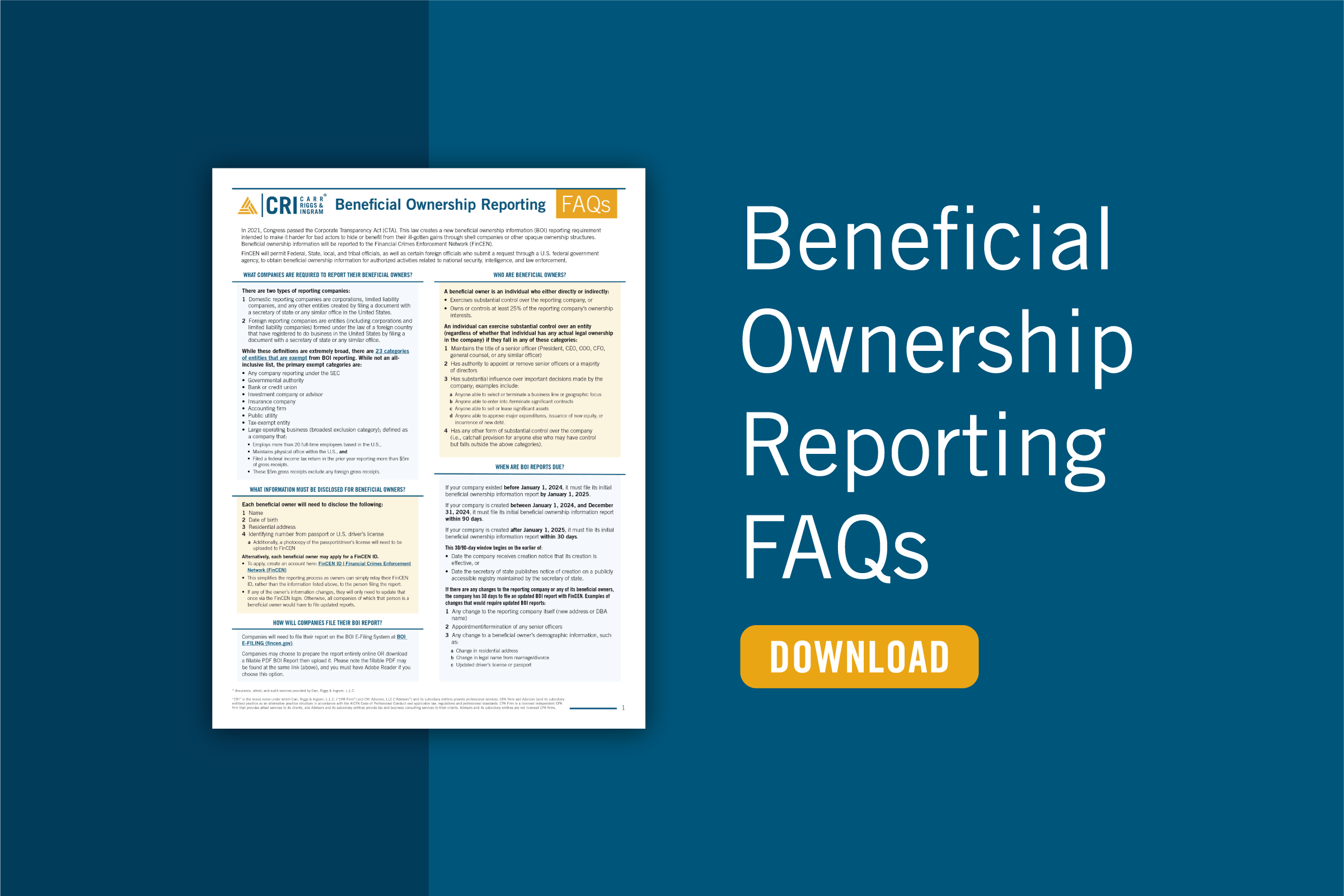Building an Effective Nonprofit Audit* Committee
- Contributor
- Miriam H. Miller
Dec 29, 2022
Building a house requires a process. Contractors don’t start with the roof but with a strong foundation. Following this proven process yields the result of a home that will stand for years to come. Nonprofit organizations should also be following a proven method that leads to success. Unless you’re a small nonprofit without an external audit*, your organization will likely have a board of directors and an audit committee. And no matter who the members are, the not-for-profit’s board of directors should monitor the committee’s performance.
Typical functions of an audit committee include supporting the board’s oversight of the organization’s processes for financial reporting, internal controls, and the audit to ensure compliance with applicable laws and regulations, as well as a code of conduct.
The first step in establishing the audit committee is the adoption of the audit committee charter, which is the foundation detailing the committee’s role and responsibilities. Then, completing the following checklist that outlines five additional main areas will provide a baseline for your audit committee while identifying areas for potential improvement.
Area 1: Committee Members
- Do the not-for-profit’s audit committee members exercise independence from outside interests and objectivity in all committee decisions?
- Do the committee members demonstrate financial literacy? Specifically, is at least one member a financial “expert” with experience preparing, analyzing, or auditing financial statements?
- If the committee doesn’t include a financial expert, has the board considered adding a professional accountant from either private or public practice to the committee — someone not affiliated with the organization’s auditing firm?
Area 2: Committee Meetings
- Does the culmination of the committee meeting agendas meet the requirements outlined in the charter?
- Does the committee meet at the proper intervals (the general rule is two to three times annually)? Does management forward relevant details related to the agenda to the committee with an adequate period for review before the audit committee meeting?
Area 3: Management Communication
- Does the committee meet regularly with the CFO or other financial, compliance, and operational leaders to stay informed of key issues?
- Does management update the audit committee regarding organizational changes—particularly turnover within management or the external audit team?
- Does the committee understand their role related to (including how to effectively question, when necessary) management choices regarding the organization’s finances and financial reporting?
Area 4: Organizational Structure & Board Communication
- Has the board clearly communicated the audit committee's role as related to carrying out the responsibilities delineated in the charter?
- Does the committee report its proceedings and recommendations to the board after each meeting?
- Does the committee provide feedback to the entire board concerning key financial management competency?
Area 5: External Auditor Communication
- Does the committee regularly schedule meetings with the independent auditors, communicating with them before, during, and after the engagement?
- Does this meeting include an executive session or a private conference between the audit committee and external auditors?
- Does the committee understand the coordination of work between the external and internal auditors? Can committee members accurately relay that information to both sides and the board?
And Much More Is Available from CRI’s Nonprofit Advisory Team
There are many other building blocks of a strong audit committee, including having effective processes in place to orient new committee members, investigate allegations, and recommend approving or modifying the annual audit to the board. Contact CRI’s nonprofit advisors to review best practices with your board, as well as state and national audit committee requirements. Our team of professionals believe in helping ensure your nonprofit has the proper foundation and processes to stand firm in the future.









































































































































































































































































































































































































































































